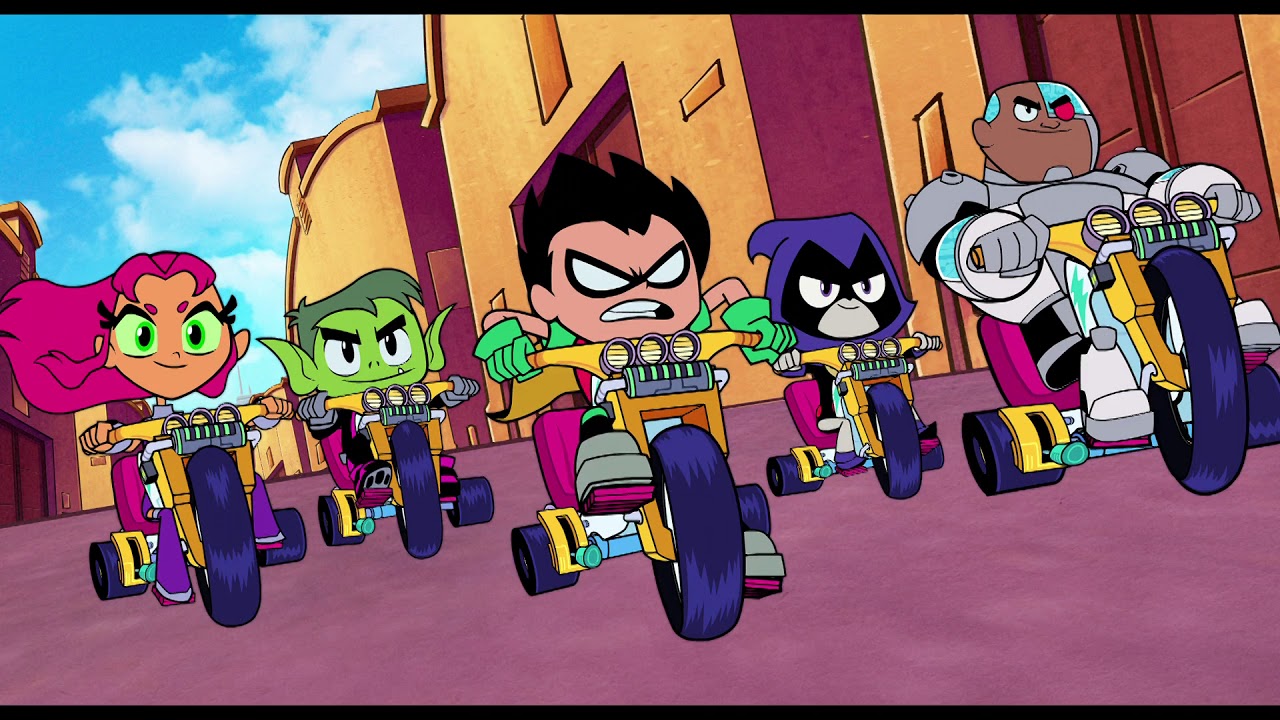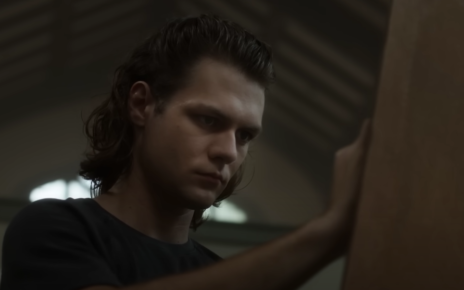I’ve been reluctant to indulge in political Chinese cinema for obvious reason – every piece of Chinese art released to the world has to go through strict censorship first. I.e. you’re not going to get a proper internal critique of Chairman Mao without an OK from Beijing. So when you sit me in front of a Xioagang Feng work about a military-based troupe during the Cultural Revolution, well, sigh, yeah, I expect to get as much truth out of this film as your average press conference with Sarah Huckabee Sanders.
Hence, I am happy to report that Youth, a film about two decades worth of Chinese Red Army dancers and soldiers, had almost nothing to say about the politics surrounding this era.
And, I am sad to report that Youth, a film about two decades worth of Chinese Red Army dancers and soldiers, had almost nothing to say about the politics surrounding this era.
I always wonder who gets excited about shows that are obvious propaganda. I’m immediately reminded of the USO show in Captain America: The First Avenger where the hero takes time from his busy schedule of raising war bonds to smack around the stealthily approaching Hitler replica. If you were an American G.I. in WWII, would that do it for you? That’s the equivalent of the Youth shows: some very talented ballet goes on, but it all ends in coed models bearing prop rifles and all saluting a big red flag on stage. If that makes y’all want to invade Nepal, well, more power to ya.
The first three issues around the barracks involve a stinky country girl excited to indulge in a daily shower, the very pretty Xiaoping He (Maio Maio) “borrowing” a uniform to send a “be proud of me” head shot to her agent, er, I mean “home,” and the gestapo-like interrogation of which woman is padding her breasts with used sponges.
There’s also a hero, Feng Liu (Xuan Huang) who makes the ultimate sacrifice of volunteering to hoist stinky girl in the stage productions. “Son, what you’ve done for this country goes beyond human comprehension…” Oh, this is a small film. It has all the trappings of something monumental, but it’s really about small moments and small problems. It’s not a big deal except this film wants to be a decades-long epic, like The Last Emperor. Instead it plays like Reds, which -for all the star power and runtime- is a very small film, too.
Somewhere around the Sino-Vietnamese War (yes, Americans, the Chinese warred with Vietnam in the 1970s, too), Youth grabbed my attention. Nothing like some good war footage to bring out actual emotion. Before then, I felt like Youth was teasing me. It was, indeed, wasted on the young. Yes, I see that mediocre bird of Youth, where emotions and hormones are at such a fevered pitch that Feng gets severely disciplined for the crime of “attempted hugging.” [Look, I don’t wish to degrade the #metoo movement, quite the opposite. A sexual predator should be disciplined severely; I’m just not sure what the predatory behavior here is. Is Feng a villain? A cad? A flawed hero? I think Youth wanted to portray this as attempted rape, for which Feng surely deserves our scorn, but then it would be much harder to root for his war heroism later on — so we the audience are shown next-to-nothing and left unsure of the actual crime; I think the picture’s general timidity painted itself into a corner.]
just not sure what the predatory behavior here is. Is Feng a villain? A cad? A flawed hero? I think Youth wanted to portray this as attempted rape, for which Feng surely deserves our scorn, but then it would be much harder to root for his war heroism later on — so we the audience are shown next-to-nothing and left unsure of the actual crime; I think the picture’s general timidity painted itself into a corner.]
Is there a face you make when your cultural revolution is a downer? I could take-or-leave the first two hours of Youth without batting an eye, but the final thirty minutes are powerful if a little accelerated, timewise. Enough to recommend it? No. Don’t waste your Youth waiting for this picture to end.
For movie topics, you mustn’t roam
If you call Beijing your home
Pics without smut
Propagandic rut
It’s the neo-modern China Syndrome
Rated R, 135 Minutes
Director: Xioagang Feng
Writer: Geling Yan
Genre: Thisclose to propaganda
Type of being most likely to enjoy this film: Cultural revolution survivors
Type of being least likely to enjoy this film: People hoping to learn something



